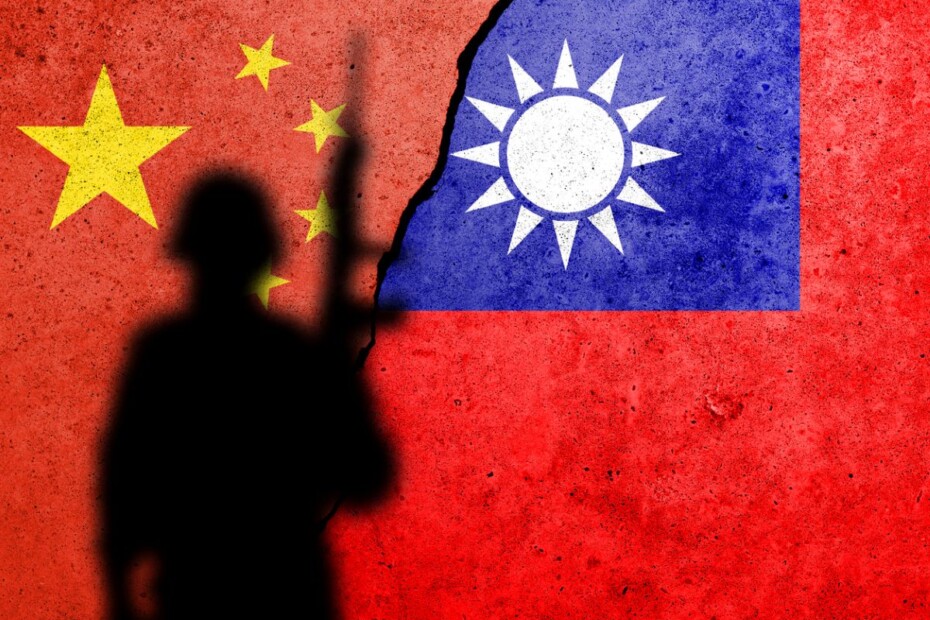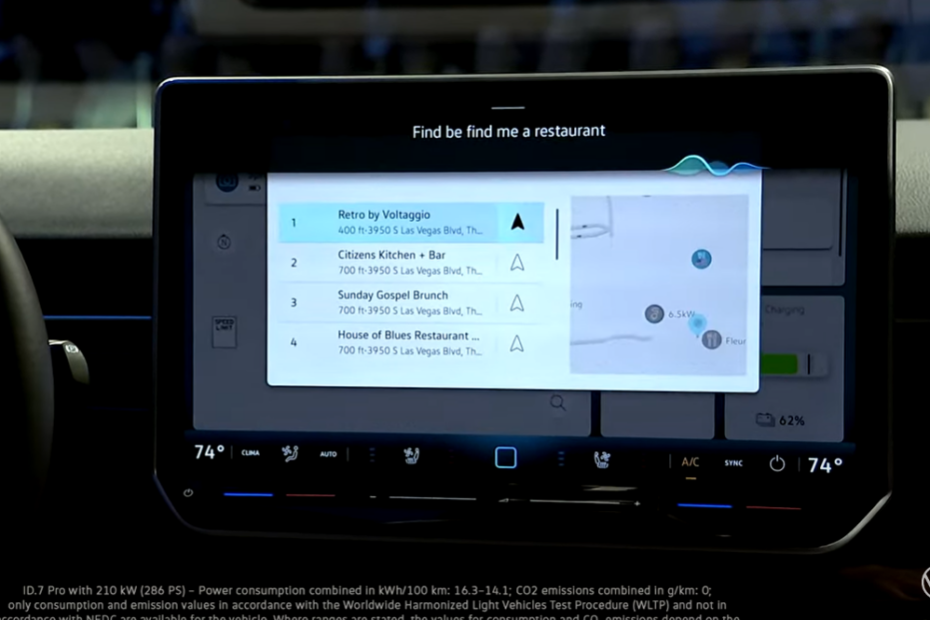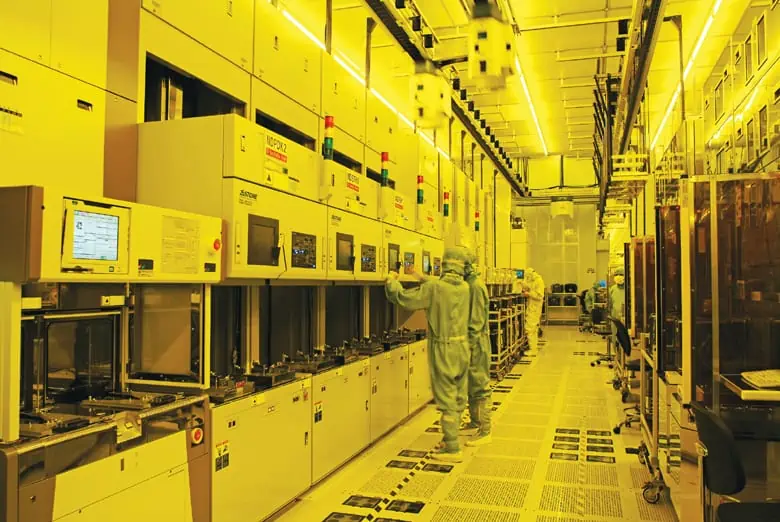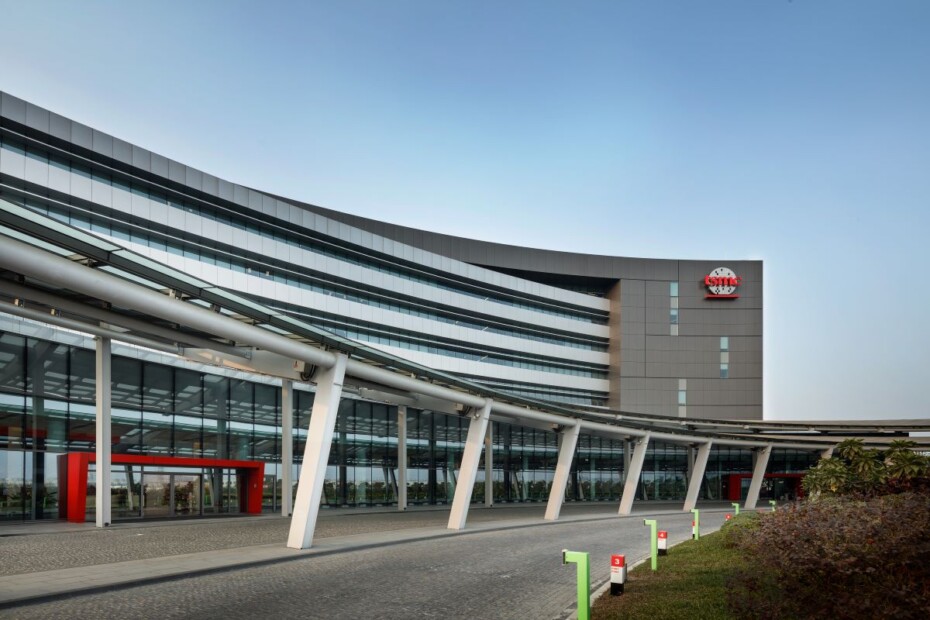War Over Taiwan Is Doubtful, and Unaffordable by China or Anyone
By Bolaji Ojo
What’s at stake:
Concerns about war over Taiwan have grown since Xi Jinping became president, insisting that China would reunite the island with the mainland – by force, if necessary. The stability of the global supply chain is at stake, but in the end a peaceful resolution is more likely. Too much is at stake for the opponents, including the US and its Western allies. Can the supply chain breathe easier?
Taiwan’s presidential and national legislative elections will take place Jan. 13. At stake is the independence, economy and political future of the island – and for many in the electronics industry, the future of its role in the semiconductor market and in the technology value chain.
Read More »War Over Taiwan Is Doubtful, and Unaffordable by China or Anyone









